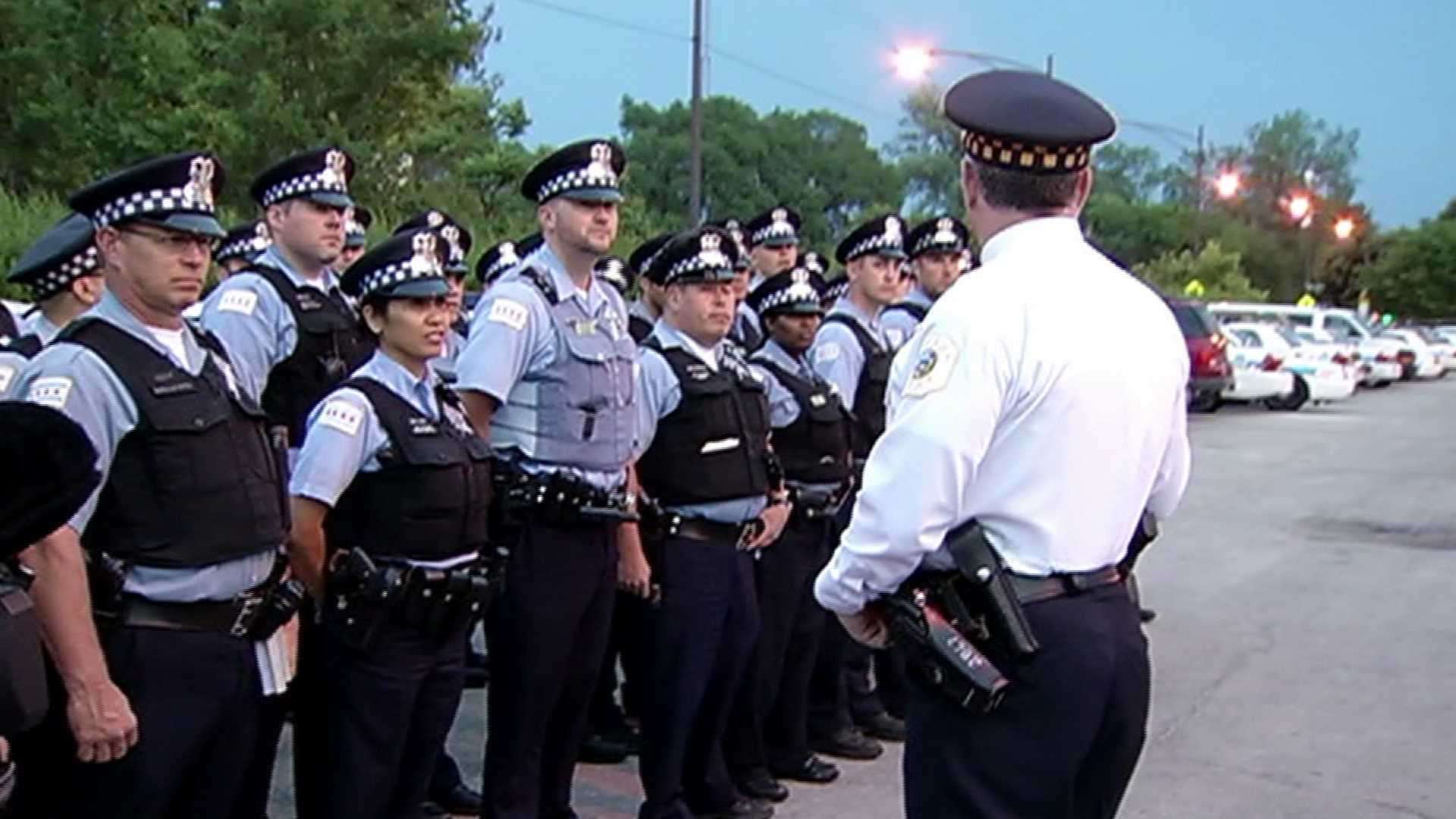

In 1825, prior to the creation of Cook County, in what would later become, the village of Chicago, was in Putnam County. 19th century Chicago Police Chief Francis O'Neill 1901–1905 CPD Detective Alice Clement 1915 Chicago Police in the rain in 1973 on Michigan Avenue Chicago Police officer in 1973 inquiring about a traffic accident The Chicago Police Department remained beset by vast corruption well into the 20th century. City policymakers cooperated with business elites in terms of structuring the police department.

Most of these bodies were created by ordinances passed in 20, and their membership is determined through a mix of appointments by the Mayor of Chicago, confirmations by the Chicago City Council, and elections.Īccording to historian Sam Mitrani, the Chicago Police Department professionalized and grew in size during the 19th century in order to quell labor unrest. Main article: Police oversight in Chicagoįive government agencies are charged with various aspects of police oversight in Chicago: a set of 22 Police District Councils, the Community Commission for Public Safety and Accountability, the Chicago Police Board, the Civilian Office of Police Accountability, and the Deputy Inspector General for Public Safety. They get to do what they want." Oversight Previously in 2017, Cataranza stated of Muslims: "Savages they all deserve a bullet." Later, he defended the January 6 United States Capitol attack, saying, "They're individuals. Cataranza has one of the worst disciplinary records in the department. In 2020, Officer John Catanzara was elected as the head of the union. Chicago police officers are represented by the Fraternal Order of Police. The Chicago Police Department became unionized at the end of 1980. In 2017, the racial composition of the department's sworn personnel was: The highest ranked woman in Chicago police history was Barbara West, who was appointed to the department's third-highest rank (the deputy superintendent) in 2020.

In 2017, the composition of the department's sworn personnel by gender was 77% male and 23% female. See also: Women in policing in the United States Salaries were supplemented with a $2,920 annual duty availability and an $1,800 annual uniform allowance. Promotions to specialized or command positions also increase an officer's base pay. Starting salary for Chicago police officers in 2016 is $48,078, which is increased to $82,510 after 18 months. This position, in its current iteration, has existed as the head of the Chicago Police Department since 1960. Wilson was brought on as Superintendent of Police, and served until 1967 when he retired. In 1960, the municipal government created a five-member police board charged with nominating a superintendent to be the chief authority over police officers, drafting and adopting rules and regulations governing the police system, submitting budget requests to the city council, and hearing and deciding disciplinary cases involving police officers. Brown, former Chief of the Dallas Police Department, is the most recent Superintendent of the Chicago Police Department, serving in that post from April, 2020 to March, 2023. The Superintendent of Police leads the Chicago Police Department. See also: List of heads of the Chicago Police Department Department structure Chicago police officer Office of the Superintendent In 2017, the United States Department of Justice criticized the department for poor training, lack of oversight and some use of excessive force. The Chicago Police Department has had some past issues of police brutality. Tracing its roots to 1835, the Chicago Police Department is one of the oldest modern police departments in the world.

As of 2022 CPD had 11,710 sworn officers on duty, and in 2020 had over 948 other employees. It is the second-largest municipal police department in the United States, behind the New York City Police Department. The Chicago Police Department ( CPD) is the primary law enforcement agency of the city of Chicago, Illinois, United States, under the jurisdiction of the Chicago City Council.


 0 kommentar(er)
0 kommentar(er)
